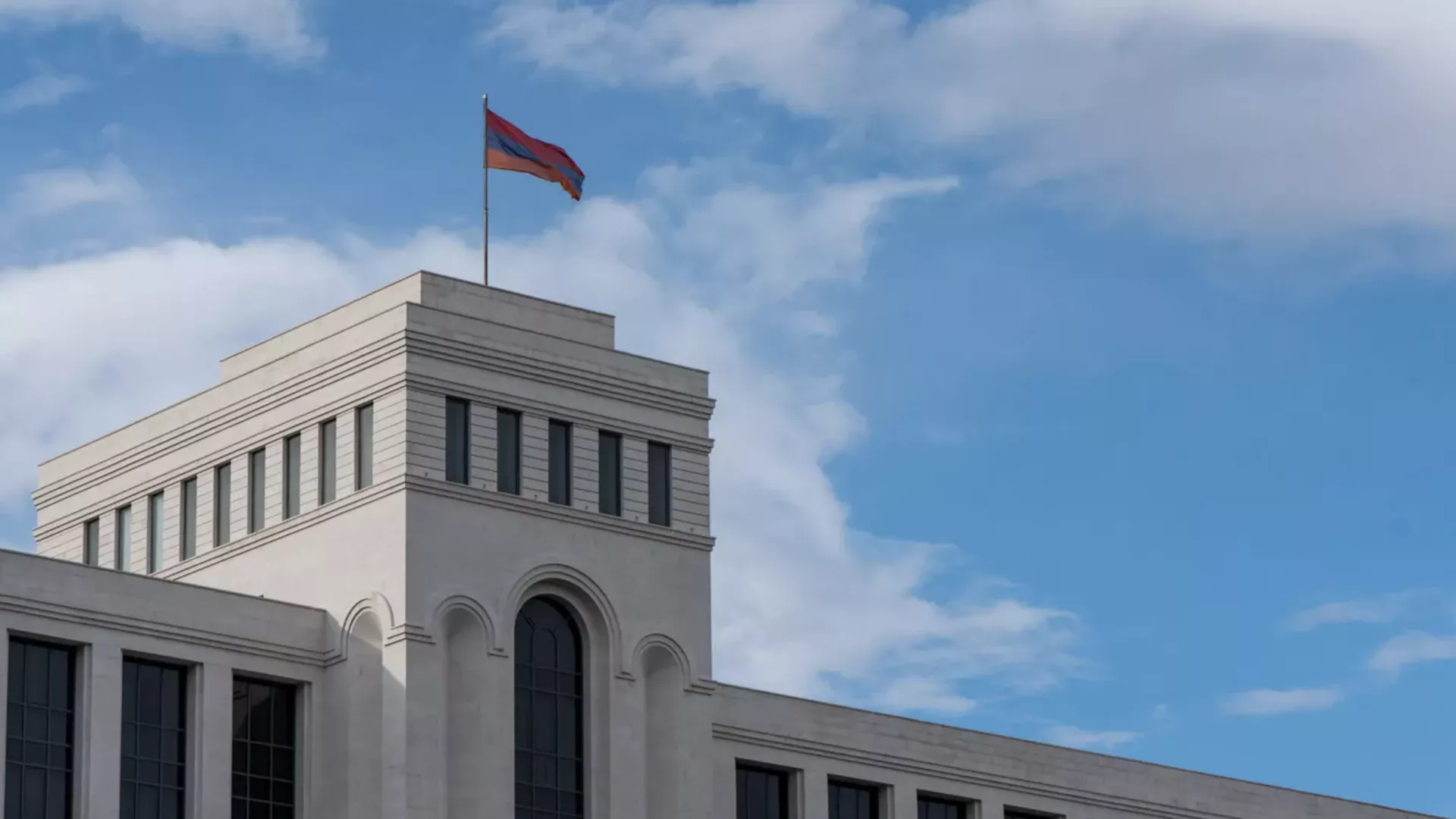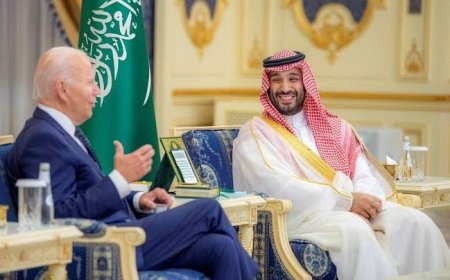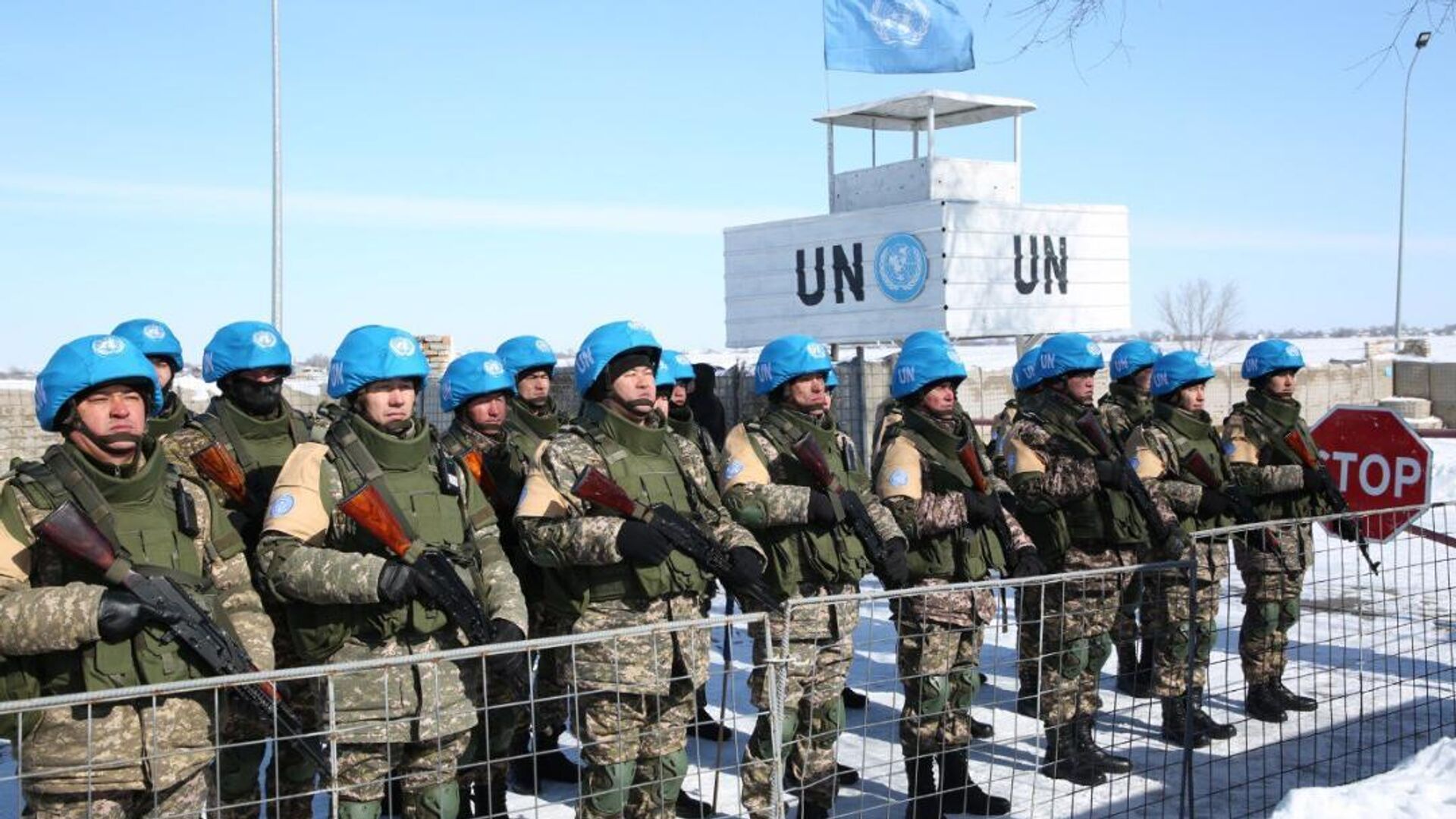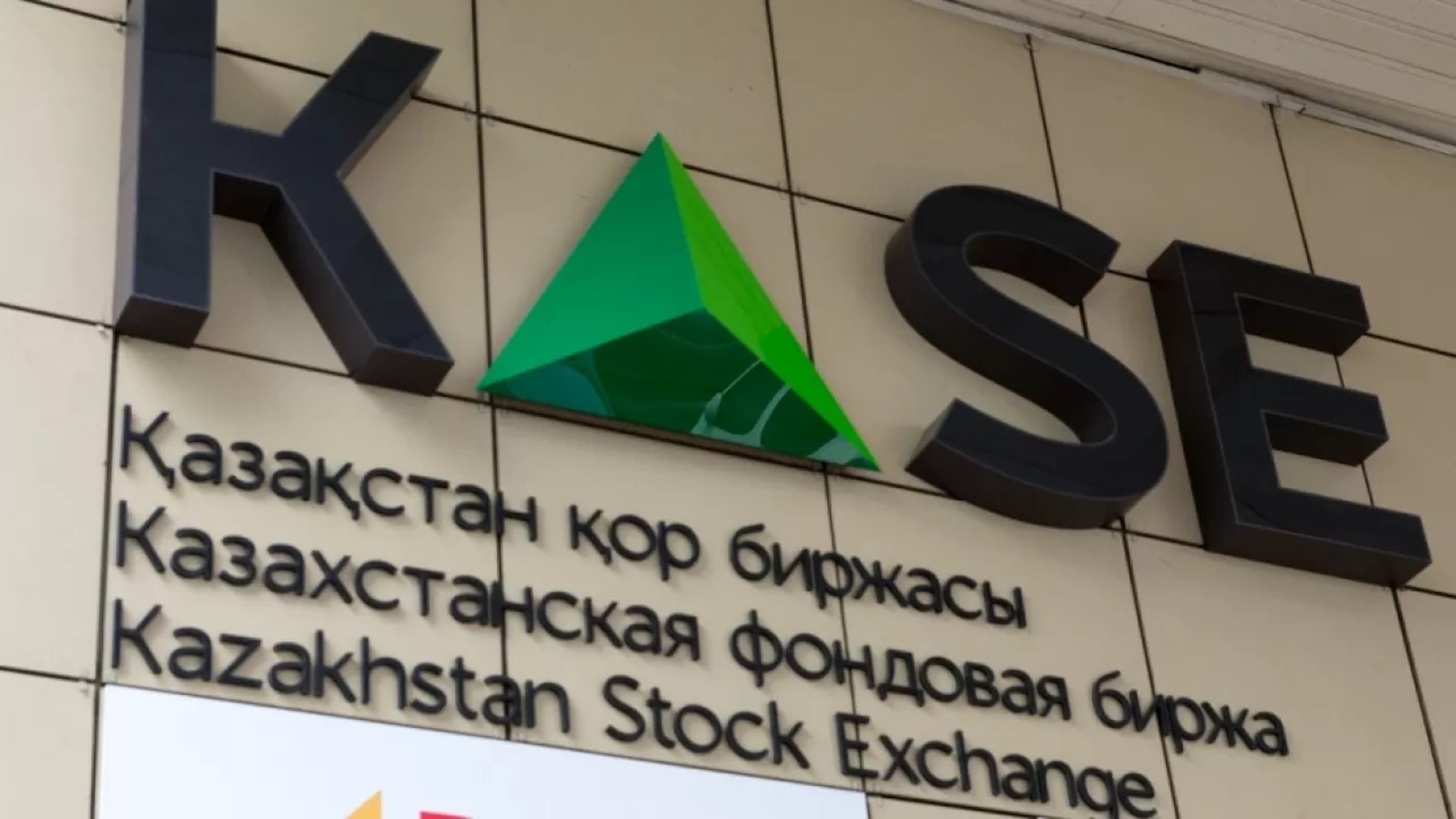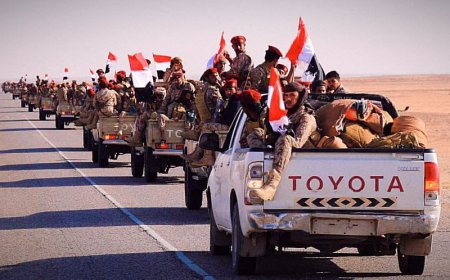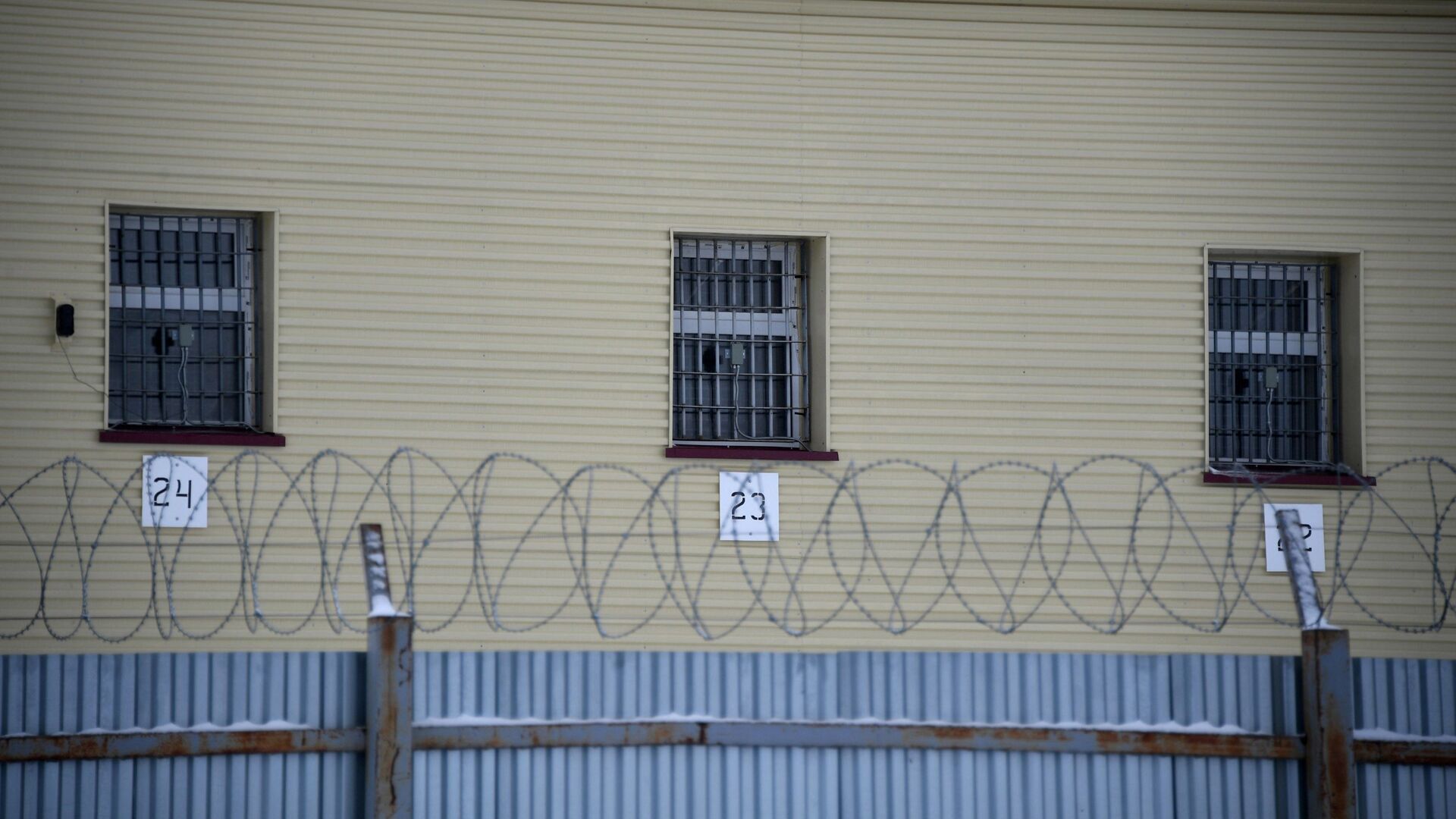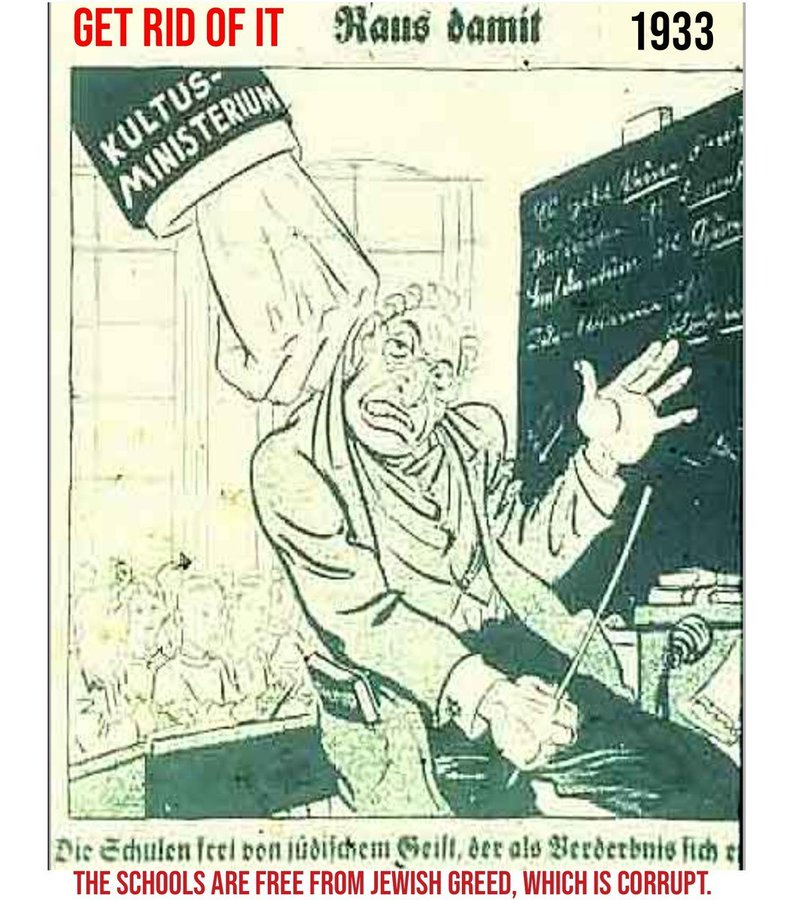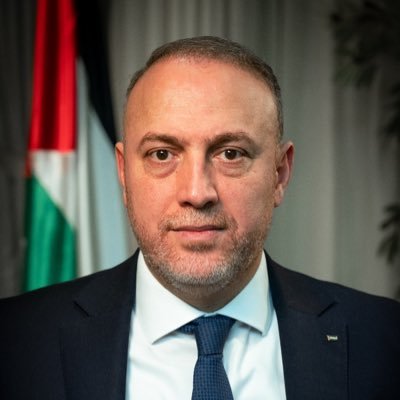Shocking Confession: Israel Supported Al-Qaeda in Syria, Says Ex-Mossad Chief
Efraim Halevy revealed that Israel provided weapons and support to Al-Qaeda-affiliated groups in Syria, drawing widespread criticism.
Efraim Halevy, the former head of Israel’s Mossad, made headlines after admitting on Al Jazeera that Israel supported Al-Qaeda’s Syrian branch, Jabhat al-Nusra (now known as Hayat Tahrir al-Sham), in its fight against Bashar al-Assad’s regime in Syria. Halevy’s comments have stirred debate about Israel’s regional strategy and its implications for international relations.
Realpolitik or Tactical Decision?
Halevy explained that Israel’s actions were driven by strategic necessity. He argued that the support was part of a broader effort to counter threats in the region, particularly from Iranian-backed militias like Hezbollah.
“In politics, you often choose the lesser evil. At that time, Israel acted in defense of its interests,” Halevy stated.
Reactions to the Statement
The remarks have sparked outrage and raised questions about the ethics of such decisions. Supporting groups linked to terrorism seemingly contradicts Israel’s stance as a global advocate against extremism.
Double Standards in Politics:
- Israel’s support for Syrian opposition groups may have been a strategy to weaken Iranian influence and retain control over critical areas.
- However, collaboration with organizations labeled as terrorist undermines the moral and legal basis of such actions.
The Syrian Conflict: A Complex Arena
Syria’s civil war has turned the country into a battleground for various players:
- Turkey: Supports opposition groups to facilitate the return of Syrian refugees and weaken Kurdish forces along its borders.
- Iran: Backs Assad to consolidate its influence in the region.
- US and EU: While critical of Assad, their support for the opposition has been limited.
Turkey’s President Recep Tayyip Erdogan frames his country’s involvement as a humanitarian and strategic necessity. Ankara views stability in Syria as key to resolving its refugee crisis, which involves four million displaced Syrians currently living in Turkey.
Politics and Truth: A Thin Line
Global politics often blurs the distinction between right and wrong. Groups labeled as terrorists by one side may be viewed as “freedom fighters” by another. For Turkey, supporting Syrian opposition seems justified. For Israel, it was a calculated move to counter threats.
Halevy’s admission adds complexity to an already convoluted conflict, illustrating how political strategies can cross boundaries that some consider impassable.
The editorial board is not responsible for the content and accuracy of material taken, sent or obtained from other sources. The publication of such materials is for informational purposes only and does not imply automatic endorsement or approval of their content.

